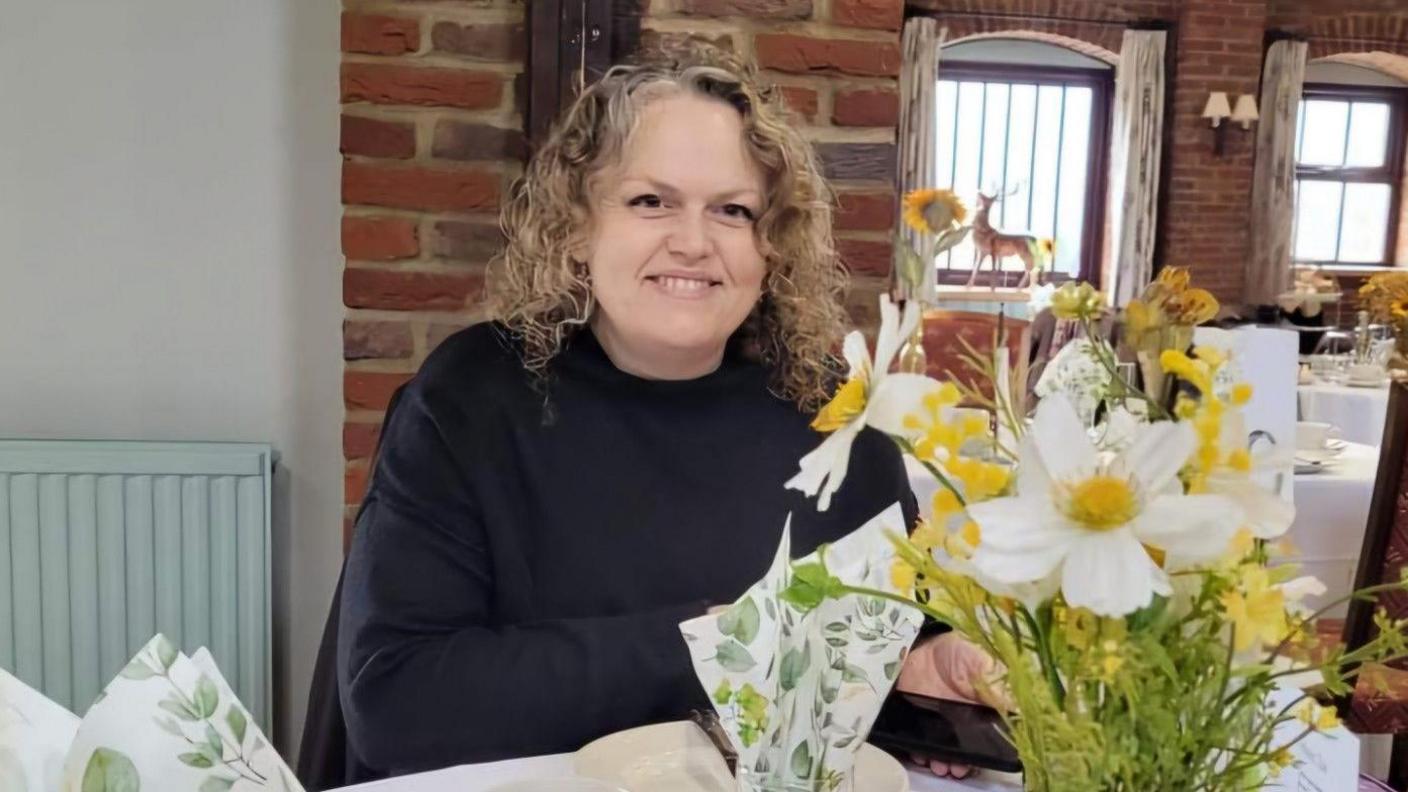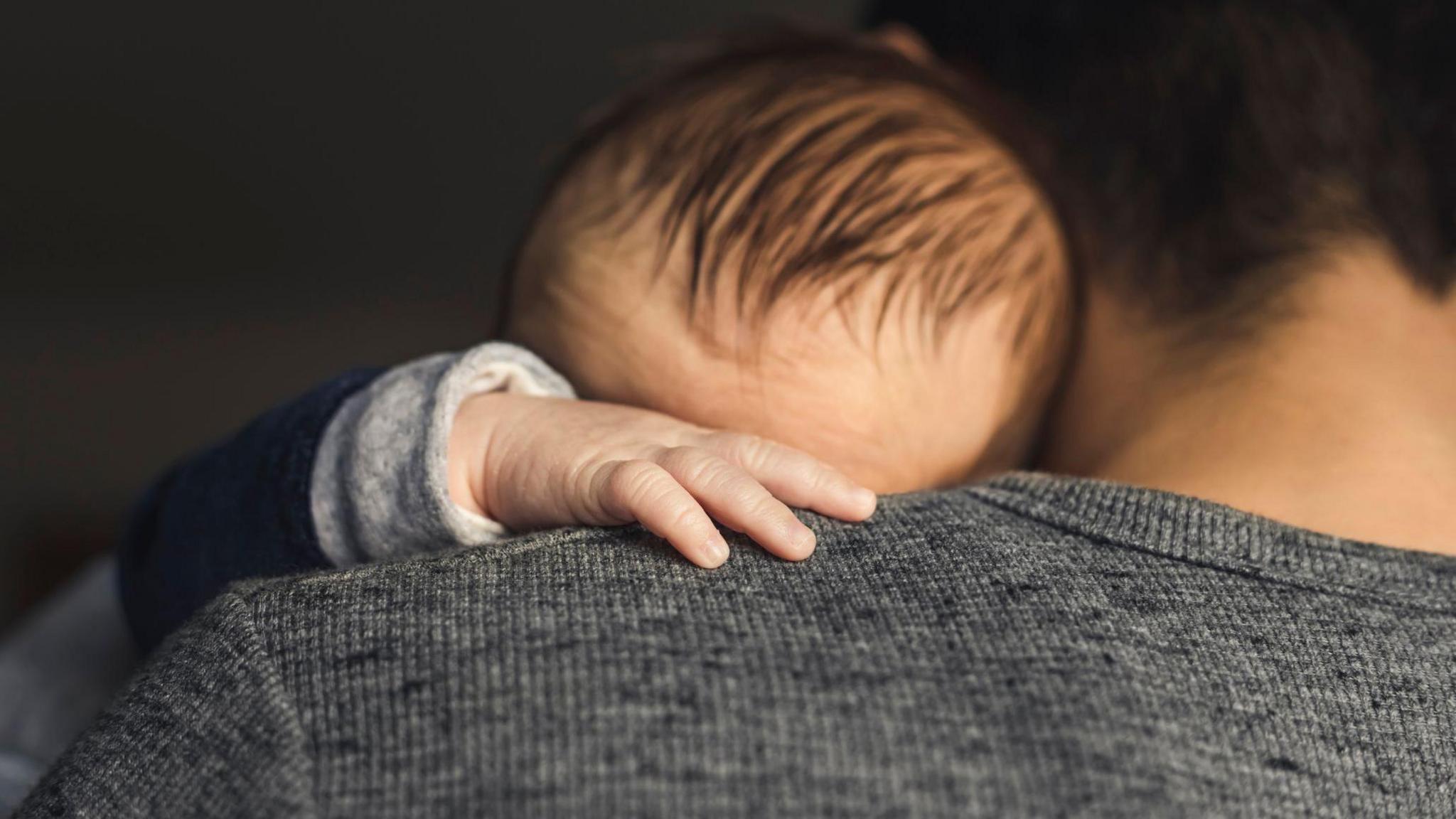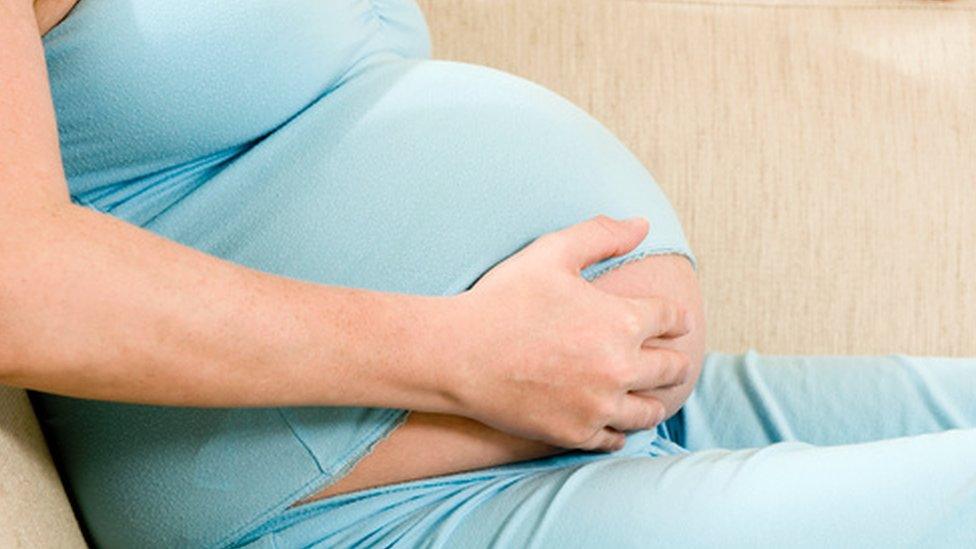'Epilepsy drug restrictions take away our human rights'

Kristi McDonald has been taking Valproate for 40 years
- Published
A woman with epilepsy has accused the UK's drug safety regulator of failing patients.
Kristi McDonald, from Southmoor, Oxfordshire, said the Medicines and Healthcare products Regulatory Agency's (MHRA) policy on the use of anti-seizure medication Valproate goes against the NHS's principles of informed consent.
Currently, Valproate cannot be prescribed to women and men with epilepsy under the age of 55 unless two separate specialists agree it is the best course of action.
A spokesperson from the MHRA said new measures were brought in to reduce the known harms of valproate, "including the significant risk of serious harm to the baby if taken during pregnancy".
It is thought thousands of UK children have been harmed by foetal exposure to sodium valproate since the 1970s.
Restrictions were first put in place by the MHRA in 2018 and when the most recent safety update was brought in - many campaigners welcomed the new guidance.
But Ms McDonald, who takes Valproate and has done for 40 years said: "It's my choice as a patient to make a decision regarding the medication that I take.
"What the MHRA has done [with the restrictions] is systemically strip that away from women under the age of 55."
Ms McDonald, who has suffered from photosensitive epilepsy for 40 years, said she believes they now breach human rights law and she thinks everyone deserves to have the choice: "It's my body, it's my decision. It's not theirs".
'Dire situation'
Earlier this month the Oxfordshire Health Overview and Scrutiny Committee, of Oxfordshire County Council, wrote to Healthcare Minister Karin Smyth, external warning of a 'dire situation' for epilepsy services in Oxfordshire.
Its chair, Liberal Democrat county councillor Jane Hanna, who also founded the epilepsy charity SUDEP Action, said the MHRA's policy was having a serious impact on epilepsy waiting lists in Oxfordshire.
She said the welfare of epilepsy clinicians, and the safety of patients who depended on Valproate, was also being impacted.
She wrote that "urgent action" was required by the NHS to support local epilepsy services in the county, and urged the minister to suspend the MHRA's most recent updates of the restrictions, pending an independent review.
Dr Alison Cave, chief safety officer at the MHRA, said the Commission on Human Medicines (CHM) had recommended new regulatory measures were brought in to reduce the known harms from valproate, "including the significant risk of serious harm to the baby if taken during pregnancy and the risk of impaired fertility in males.
“For the majority of patients there are other effective authorised medicines for epilepsy and bipolar disorder available. However, it remains a treatment option for those for whom it is the only effective treatment."
Get in touch
Do you have a story BBC Oxfordshire should cover?
You can follow BBC Oxfordshire on Facebook, external, X (Twitter), external, or Instagram, external.
Related topics
- Published6 September 2024

- Published24 April 2018
